BROWSE COUNTRIES/ TERRITORIES
Crossing the Qalandia checkpoint into Israel
We were there half an hour in barely-moving traffic. The driver of the truck next to us is so close I can reach out to touch him. With little else to do but wait, we crowded round, looking out onto the right hand side of the bus, identifying the figures portrayed in the graffiti art on the wall erected between Israel and the West Bank. They were mostly famous Palestinians wanted or accused of terror crimes against the State of Israel.


Political expression on the Palestinian side of the wall at Qalandia checkpoint
It was like a visual aid explaining why there is a wall between the two sides, a sort of a Israeli Most Wanted.
The eye-catching ones appear to have been done by an artist who calls himself “Vince Seven”. You can't miss his name. It is as prominent as the portraits and slogans he created. (Helpfully some of them are in English for non-Palestinians.) Vince seemed to have left his paints along the bottom of the wall apparently. A young foreign-looking man was touching up the art with them. It was almost noon, and he was in full sight of all the vehicles passing through the checkpoint.

Art restoration
“They should clean the wall,” quipped Raouf, a Ramallah-based Palestinian photographer.
We were told to get off the bus, collect our respective baggage and stand in line. A young Israeli soldier joined us with her blond hair spilling out of a baseball cap, and inspected them. There was a token unzipping of luggage cases, but none of the unpacking and repacking that goes on at the international borders. It took a while to process the entire busload of passengers, and she took a drag on a cigarette halfway through. One of the Palestinians working for the festival was asked about what she was going with a group of foreigners.
“She was questioned because she's Palestinian,” someone pointed out helpfully.
Was this a display of power as some people saw it, or procedure? Do foreign tourists have an easier time than the Palestinians at the checkpoints because the Israelis are trying to look good in front of us, or is it because let's face it, as a collective, we have a better track record of not trying to kill them? Like everything else here, your perception depends which side you stand on. The soldier seemed to have chosen to ignore the souvenir straw bags with “Palestine Festival of Literature” emblazoned across. You couldn't really miss them. Hastily stashed away by their owners, there were more than a few peeking out of carry-on baggage.
In case you are wondering, yes the girl can speak English, even if as someone else snidely commented, that Israelis “only have a twelfth-grade education”.
I handed over my passport to the soldier girl. She was lean and of medium height. It seemed doubtful she would be able to maneuver the rifle slung over her left shoulder. She looked like she would be more comfortable tucking into banana pancakes on a Thai beach with other Israeli backpackers, in their low-slung fisherman pants and shiny shades.

Marwan Barghouti, Leader of Yasser Arafat's Fatah movement serving five life sentences in Israel for crimes including the murder of 26 people.
Soon we were on our way. Driving along the Old City, the tram track connecting Jerusalem to the settlements came into view. Controversial and politically volatile since it links the contested city with the Jewish settlements, it remains unfinished four years after its targeted year of completion.
According to various reports like this one in the Washington Post, the tram is one project that has gone and unified the Jews and the Palestinians. It seemed no one wanted the tram, apart perhaps from the two French companies, Alstom and Veolia, and their Israeli partners building it.
For the Palestinians, there is the fear that the lines which will connect the Jewish settlements of Pisgat Ze’ev and Neve Yaakov to Jerusalem, effectively amounting to yet another land-grab to expand the Jewish West Jerusalem. Ultra-religious Jews do not want the mixing of the two sexes on the trams. The mayor of Jerusalem Nir Barkat himself is an opponent, saying that it costs too much and had brought nothing but disruption to the city's streets with first the construction, then the numerous delays in the project.
He would much prefer buses.
Never mind what they want. The situation here is such that outside forces will usually step up to the plate, when confronted by the natives' inability to resolve their own problems., sometimes rightly, sometimes not.
A French district tribunal has now agreed to hear the case against Alstom and Veolia from a pro-Palestinian group - Association France Palestine Solidarite – which includes the Palestinian Liberation Organisation or PLO. The companies are accused of violating international law and France's own position that East Jerusalem is not sovereign Israeli territory.
Obstacles aside, the companies appear to be pressing on. The US$1 billion project is funded by the State of Israel and the Jerusalem Municipality, which have been hit by financing difficulties. Latest estimates are that the project will be finished in summer 2011.
If the current climate on the ground is to be believed, this is going to be a white elephant which will cost the government yet more money. The 42 tram cars cost over US$3 million each and have special glass to resist stones and firebombs, but they may be running along half-empty. With no love lost between them, the Palestinians and the settlers say they definitely do not want to be sitting together on a tram.
Bethlehem, West Bank
We headed towards Bethlehem, passing through another checkpoint. There is a sign in bright yellow, instructing in English, Hebrew and Arabic, “Entrance to Palastinian(sic) Authority territories. No entrance to Israeli citizens”.
It probably makes practical sense. The checkpoint didn't though. We walked up a long passageway into a hall, only to go through a turnstile, watched by two officials. No passport checks whatsoever. When we emerged from the other side, I was accosted by taxi drivers convincing me to ditch the bus and take their cabs instead. All safely across into Bethlehem, we make a stop in al-Azeh refugee camp.

al-Azeh refugee camp, Bethlehem
The word “camp” should not be taken literally, as this is not a tent city like in many refugee camps in other parts of the world. The tents have long been gone since 1958, ten years after it was established. Thus a Palestinian refugee camp would appear to be more of a commune of concrete buildings, somewhat like a “settlement”, but of course, the Jews have already absconded with that word.
Yes, there is not a lot of sharing going on around here.
One of the residents is an anthropologist who pointed out to us the significance of the alleys (they are all named after destroyed Palestinian villages) and Hanzala.

Hazala, and residents of al-Azeh refugee camp
Hazala is a boy whose name means bitterness in Arabic. Only his back is seen. The world has turned its back on the Palestinians and accordingly, Hazala turns his back on the world, looking towards his homeland. This is the work of Naji al-Ali, a Palestinian who grew up in the refugee camps in Lebanon and later moved to London where he was shot to death.
A group of kids followed us as we snaked through the camp, and emerged on the other side where there was a fenced-up compound holding a beautiful bungalow, guarded by barbed wire.

Said guarded bungalow next to al-Azeh Refugee Camp (see above)
Contradictions seem to be the order of the day in Bethlehem.
Between al-Azeh and Aida refugee camps is the opulent Intercontinental Jacir Palace hotel, converted from a stylish Ottoman-style palace .
From my hotel room window in the old city, I see the Jewish settlements that now coat the Abu Ghneim Hill. It used to be a green zone around Bethlehem.
Now they are just closing in.

In the far end are Jewish settlements built since 1996
< BACK to other stories in FROM JERUSALEM TO THE WEST BANK
Login or Register
 Dan-Chyi Chua began her writing career with Channel News Asia, a regional cable network, before forsaking broadcast journalism to hit the road for a three-year sabbatical through the Middle East, China, Central America and Cuba. She has now grounded herself as a writer for asia! Magazine.
Dan-Chyi Chua began her writing career with Channel News Asia, a regional cable network, before forsaking broadcast journalism to hit the road for a three-year sabbatical through the Middle East, China, Central America and Cuba. She has now grounded herself as a writer for asia! Magazine.
- Asian Dynasties and History
- Conservation of the Environment
- Definition: Culture
- Economy and Economics
- Food and Recipe
- Geopolitics and Strategic Relations
- Health and Body
- Of Government and Politics
- Religion and Practices
- Social Injustices and Poverty Report
- Society, Class and Division
- Unrest, Conflicts and Wars



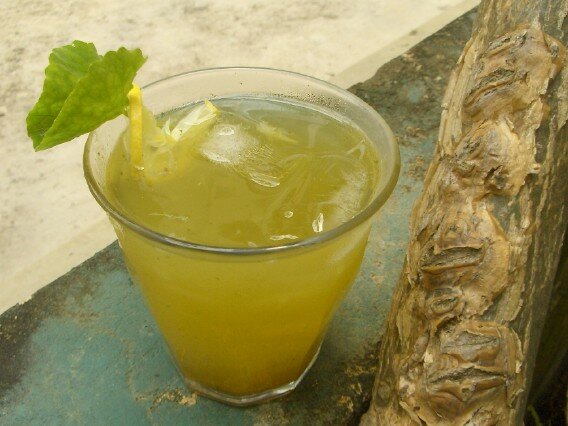





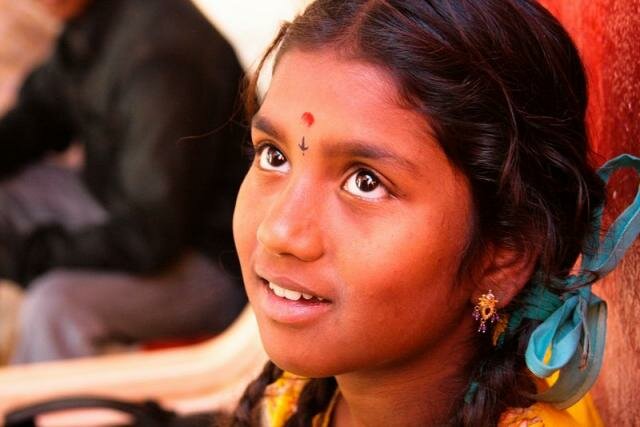
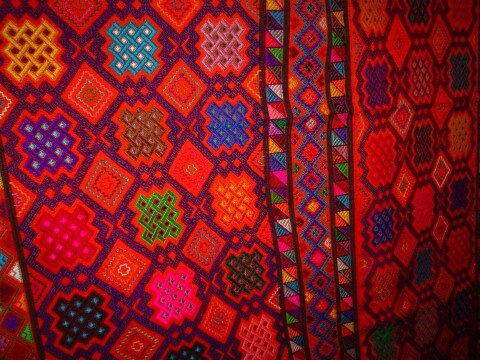

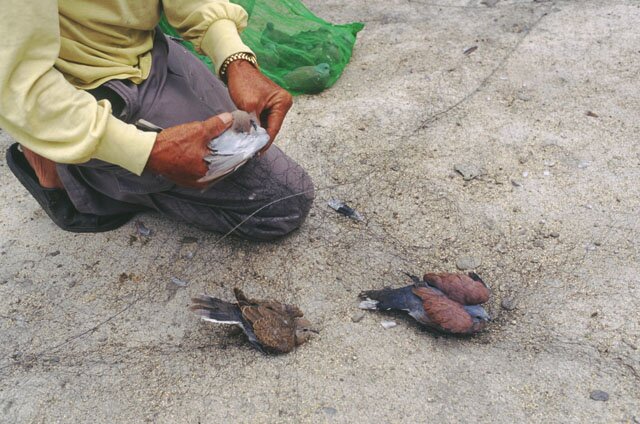







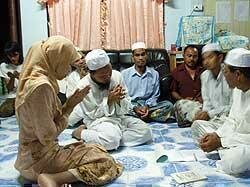





 Another Point
Another Point An imaginary factual blog of General David Petraeus, Commander, United States Central Command
An imaginary factual blog of General David Petraeus, Commander, United States Central Command